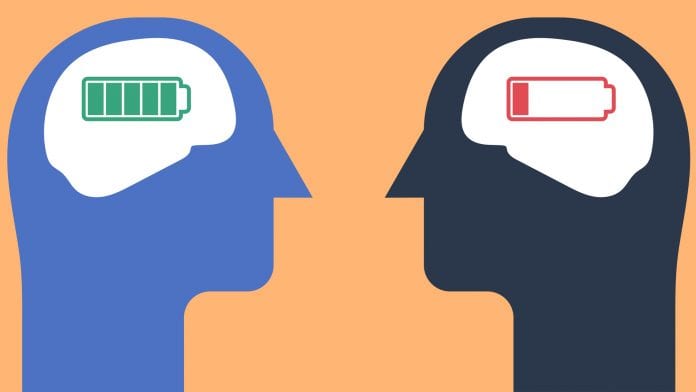
A new study has explored how chronic illness research can help to inform our understanding of the long-term effects of COVD-19 and potentially lead to treatments.
Initially COVID-19 was thought to be a short-term illness, however, many people who have contracted the infection are now living with long-term side effects. Researchers at King’s College London argue that several possible pathways could be relevant to understanding the persistence of ‘long COVID’, like the involvement of glial cells and the permeability of the blood brain barrier, as well as proposing strategies to manage symptoms.
The paper has been published by Oxford Open Immunology.
How chronic condition research can help
Long COVID symptoms can vary widely, including cough, low grade fever, fatigue, chest pain, shortness of breath, headaches, cognitive difficulties, muscle pain and weaknesses, gastrointestinal distress, rashes, metabolic disruption, depression, and other mental health conditions. With other disorders and syndromes, these symptoms appear to have a strong link with a challenge to the immune system, with mild infections and low-grade inflammation causing depression or persistent fatigue.
Several causes have been proposed to explain the persistence of these long-term COVID symptoms, such as the presence of persistent, low viral load and reinfection, to changes in immune cell activity and tissue damage caused by the initial infection.
For the study, the team of researchers explored insights from decades of large-scale studies of chronic fatigue syndrome, fibromyalgia, depression, and other mental health disorders that show immune abnormalities.
Some of the symptoms of long COVID, depression and other mental health problems, are related to chronic, low-grade inflammation, and current treatment strategies for patients with depression include anti-inflammatory medications.
The researchers highlight that psychosocial factors are also very important in regulating our immune activation, and that tackling a patient’s level of stress with increased social support, physical exercise, and an adjusted diet could also be useful in managing long-term symptoms related to COVID-19.
Lead author, Valeria Mondelli, said: “We are suggesting taking advantage of what we have learnt over the years about how the brain and the immune system communicate and about the contribution of the immune system to the development of symptoms of long COVID in other medical conditions. This is likely to accelerate our understanding of the mechanisms underlying long COVID and the identification of effective treatments.”







